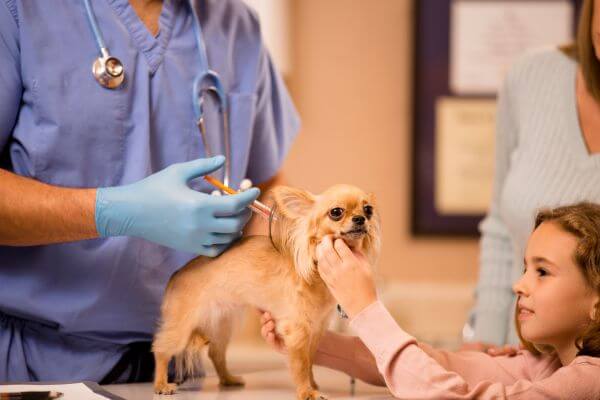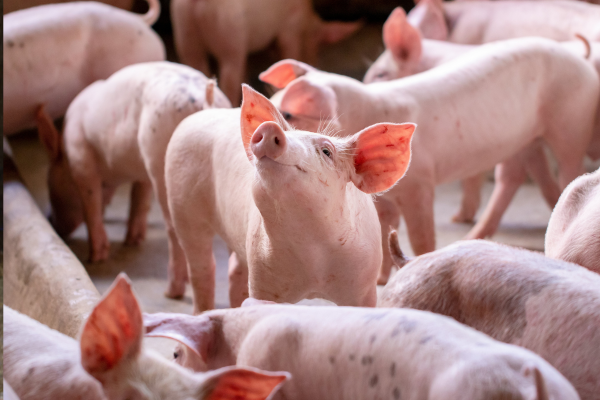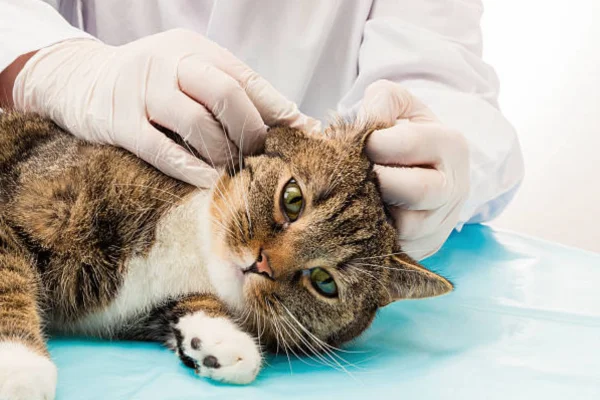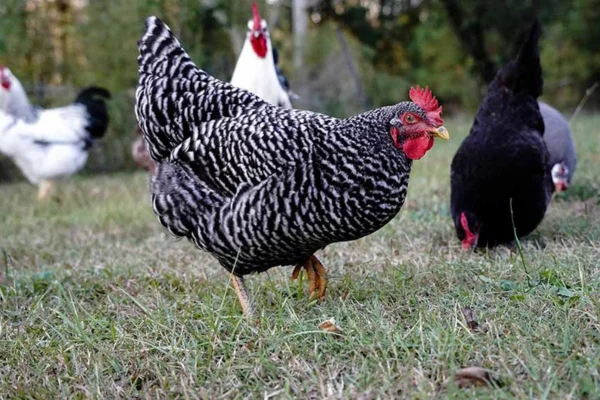Vaccination and Worming and their Importance for Health
Vaccination and deworming are essential measures to ensure the health and well-being of pets. These preventative practices help prevent disease, protect against parasites and promote a long and healthy life for our furry companions.
In this article, we will explore the importance of vaccination and deworming, highlighting their benefits and the need to keep them up to date. Through proper vaccination, it is possible to stimulate animals' immune systems to produce antibodies against pathogens such as viruses and bacteria, strengthening their resistance to infectious diseases.
Contents
Deworming also plays a key role in controlling and preventing internal parasites such as worms and protozoa. These parasites can cause a range of health problems in animals, affecting their general well-being. It is therefore crucial to keep up to date with deworming to prevent infestations and protect both animals and their owners.

Vaccination: Protection against infectious diseases
Vaccination is the main way of preventing infectious diseases in pets. Vaccines stimulate the immune system to produce antibodies against pathogens such as viruses and bacteria, making the animal more resistant to these diseases. Proper vaccination not only protects the animal itself, but also prevents the spread of diseases to other animals and even to humans.
Among the main vaccines recommended for dogs is the multiple vaccine, which protects against diseases such as distemper, parvovirosis and infectious hepatitis. For cats, vaccination includes protection against rhinotracheitis, calicivirosis and panleukopenia. There are also specific vaccines to prevent rabies, leptospirosis, canine and feline flu, among other common pet diseases.
It's important to note that vaccinations should be carried out according to the schedule recommended by the vet. Each vaccine has its own application and revaccination period, ensuring continuous protection throughout the animal's life. Be sure to follow your vet's instructions to keep your pet properly protected.
Prevention of vector-borne diseases
The prevention of diseases transmitted by vectors is essential to protect pets from fleas, ticks and mosquitoes. These parasites can transmit dangerous diseases such as tick-borne disease, heartworm disease and leishmaniasis. To avoid these diseases, it is essential to use specific preventive medicines that act effectively against the vectors. In addition, keeping the environment clean and sanitized also helps to reduce the animals' exposure to these unwanted parasites.
Preventive medicines can be administered in the form of tablets, collars or spot-ons, and act in different ways to eliminate and repel fleas, ticks and mosquitoes. These products are effective in preventing diseases and should be used regularly, following the vet's recommendations. This way, animals can enjoy a safe environment free from these harmful vectors.
In addition to the use of preventative medication, it is essential to adopt additional measures to avoid the proliferation of vectors. Keeping the environment clean and hygienic by vacuuming and washing the areas frequented by animals helps to reduce the presence of fleas and ticks. In addition, avoiding areas with a high incidence of mosquitoes, such as damp areas with an accumulation of standing water, helps prevent the transmission of diseases such as heartworm disease. In this way, you can guarantee the safety and well-being of your pets, protecting them against these vector-borne diseases.
The importance of deworming for pet health
Deworming is another fundamental measure for pet health. Internal parasites, such as worms and protozoa, can cause a range of health problems, including diarrhea, weight loss, anemia and even serious complications in more advanced cases. Regular deworming helps prevent infestation and control the population of these parasites.
There are several types of dewormer available on the market, and the vet is the best person to recommend the right one for your pet. Generally, deworming is recommended for puppies, followed by a regular schedule according to the animal's age and lifestyle. In addition, in areas where there is a higher incidence of parasites, it may be necessary to deworm more frequently.
It's important to note that deworming is not just restricted to intestinal worms, but also includes the prevention of other parasites, such as giardia and toxoplasmosis. These parasites can be transmitted to humans, posing a health risk to the whole family. Therefore, keeping deworming up to date is essential to protect both the animal and its owners.
In addition to prevention, deworming is also necessary in cases of confirmed infestation. Once the presence of internal parasites has been identified, the vet will be able to recommend a specific treatment, suited to the type of parasite and the animal's health condition. It is important to follow the instructions for administering the dewormer correctly and to carry out the necessary check-ups to ensure that the treatment is effective.
Side effects and adverse reactions vaccination and deworming
Side effects and adverse reactions are important aspects to consider when using vaccines and dewormers on pets. It is common for some vaccines and medicines to cause temporary reactions, such as local reactions at the application site, fever or momentary discomfort. However, it is essential to be aware of these possible effects and understand the importance of reporting any unusual reactions to the vet.
Following the administration of a vaccine or dewormer, it is normal for an immune response to occur in the animal's body. This can result in mild reactions, such as swelling or tenderness at the application site. In addition, some animals may show a systemic response, manifested by a slight rise in body temperature or less active behavior for a short period of time. These reactions are usually temporary and do not pose a significant risk to the animal's health.
However, it is important to watch out for any unusual or persistent reactions after vaccination or deworming. If the animal shows serious symptoms, such as difficulty breathing, frequent vomiting, excessive swelling or changes in behavior, it is essential to contact the vet immediately. These adverse reactions are rare, but it is essential to report any occurrence so that the professional can assess and take the necessary measures.
Vaccination and Worming: Protecting the Health and Welfare of Pets
In short, vaccination and deworming play a crucial role in keeping pets healthy. Vaccination protects against infectious diseases, preventing their spread and ensuring the health of the community as a whole. Deworming fights internal parasites, preventing health problems and protecting not only the animals, but also their owners.
Don't forget to follow the vaccination and deworming schedule recommended by your vet, adapting it to your pet's specific needs. Also remember to go for regular check-ups to monitor health and get professional advice.
By investing in vaccination and deworming, you'll be providing a healthier and happier life for your four-legged companion. Take good care of your pet, protecting it against diseases and parasites, and enjoy incredible moments together for many years to come.
See other articles in our Blog
Thanks for stopping by, check out our other work too






